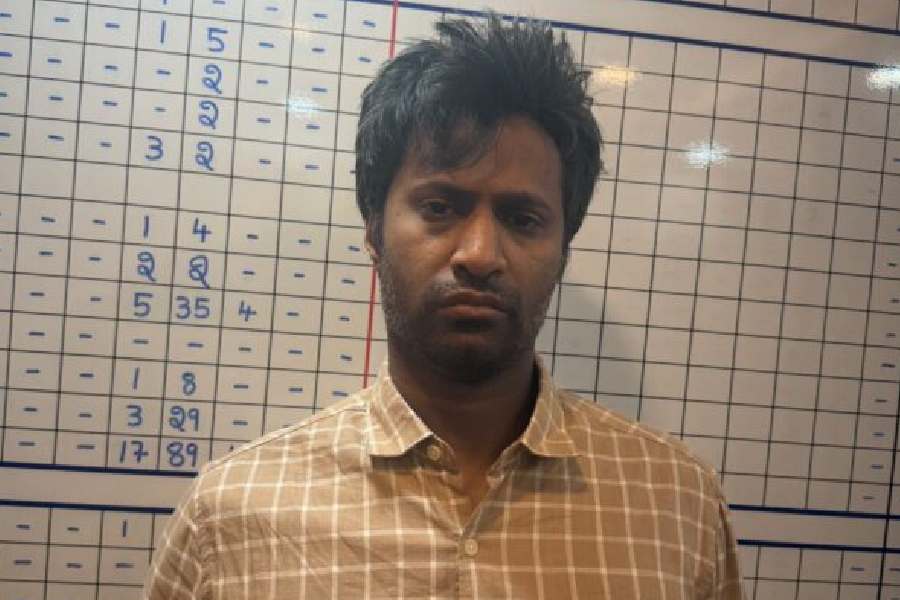Kaushiki Chakraborty, vocalist
One of the rituals of my childhood was frequenting the Dover Lane Music Conference with my parents. At that time, all the legendary singers who came to perform at the conference were male and my earliest memory of Kishori Amonkar was her performance at this event in the late '80s or early '90s. I couldn't have been more than eight years old but I was struck by the fact that this iconic singer was a lady who captivated her audience.
Kishori Amonkar's voice had the sweetest tonal qualities, trembled with the sweetest timbre and had the ability to pierce your soul. It was very different from the rustic earthiness of Gauhar Jaan or Begum Akhtar. The experience of listening to her in my youth has stayed with me.
I hadn't personally interacted with her until 2012 when Amol Palekar invited me to perform as part of a trio of female musicians in Pune as a tribute to Kishoriji on her 80th birthday. I considered that to be my personal tribute to this artiste I had grown up listening to. She always featured in my music collection, the cassettes and then CDs I received on my birthdays. An opportunity to be a part of a concert for Kishoriji was a blessing in itself. She was there in the audience. After the performance she was felicitated on stage. She looked like a goddess.
I remember that day so clearly. I spoke to her backstage and was so impressed by her immaculate English. I have never heard any Indian classical musician from India speak such impeccable English. I was completely bowled over.
What Kishoriji told me that night is a part of my Bible as a student of music: "Remember one thing. Never sing to impress. Sing to express."
I learnt from her that night, as a singer, I should explore and express myself through a raga instead of trying to impress the audience. She had a tremendous sense of integrity to the craft.
The common saying that she often used to break the rules of her gharana by creating her own gayaki is a hallmark of legends. Take for example Bhimsen Joshi of Kirana gharana. Or Ustad Bade Ghulam Ali Khan of the Patiala gharana. None of them stuck to the rules of their gharana yet became the defining icons of these musical styles. They are completely out-of-the-box artistes.
Listening to her singing is like an emotional journey. It is difficult to pick one favourite song of hers. You can remember her for a Babul mora, or a Sahela re or a Hamaro pranam.... There's a meditative element, lot of taiyari (practise), so much pathos, so much pain and yet her voice timbre is so bright and has such a spark in it. She was truly singing for herself. When on stage, she didn't care about anything. She was with her music, on her journey, travelling inwards.
On a personal level, I owe a lot to her.
I can imagine how difficult her journey must have been given the era she was from. I had read in one of her interviews how she had been witness to the disrespect meted out to her mother and guru, Mogubai Kurdikar, as a performer because of her gender. She had seen all this and yet chose to be in the same profession. And then she went on to become the Kishori Amonkar we all worship.











